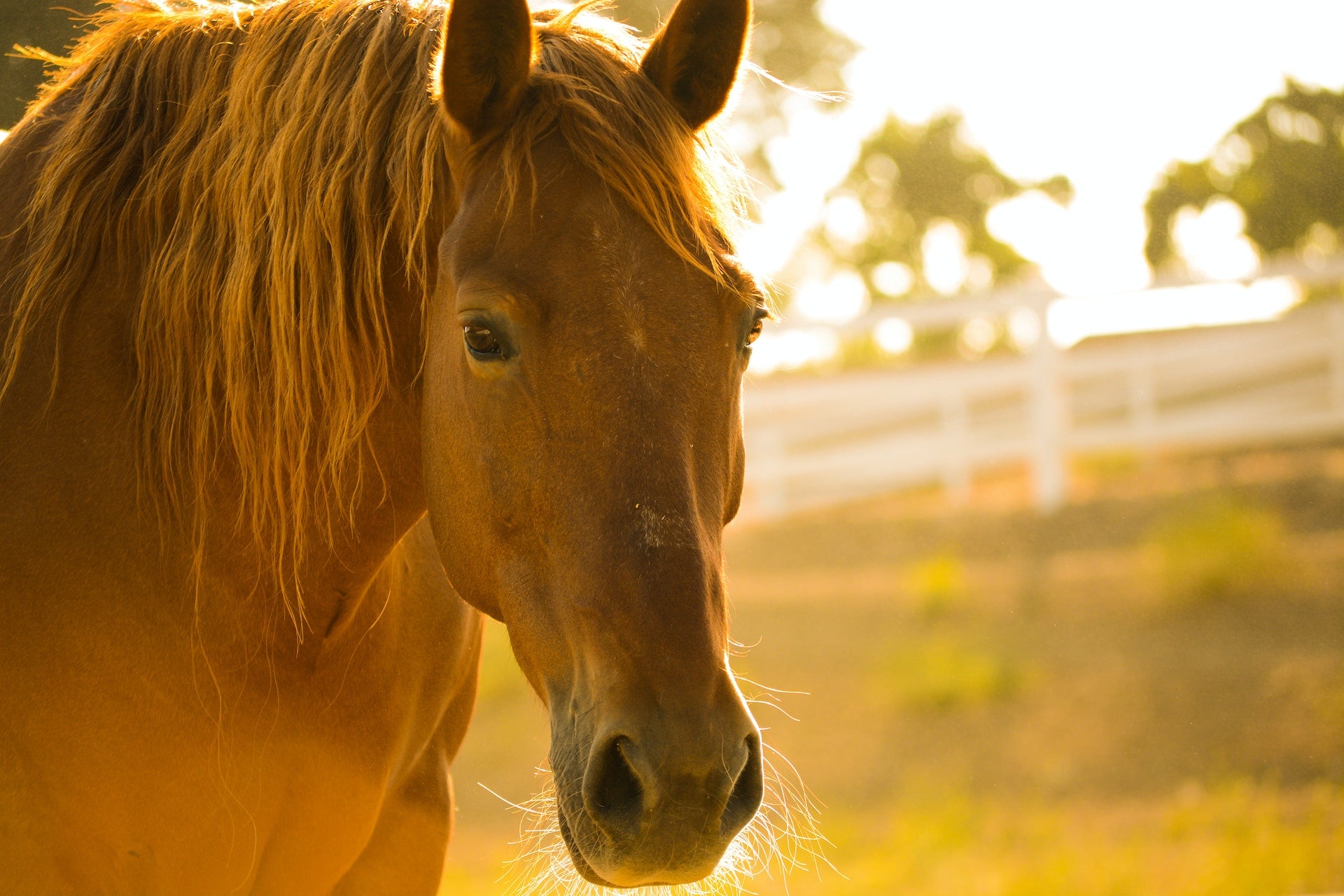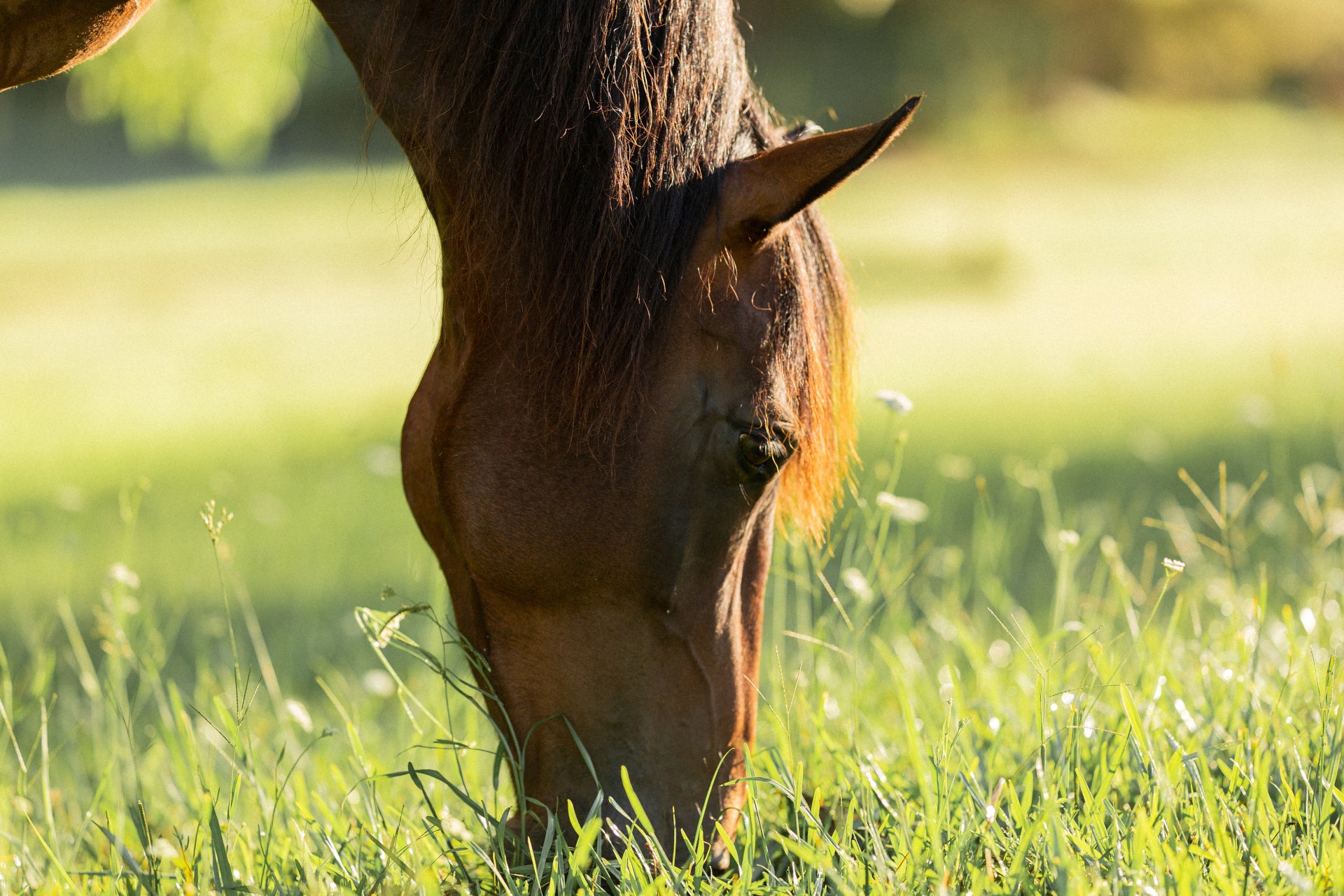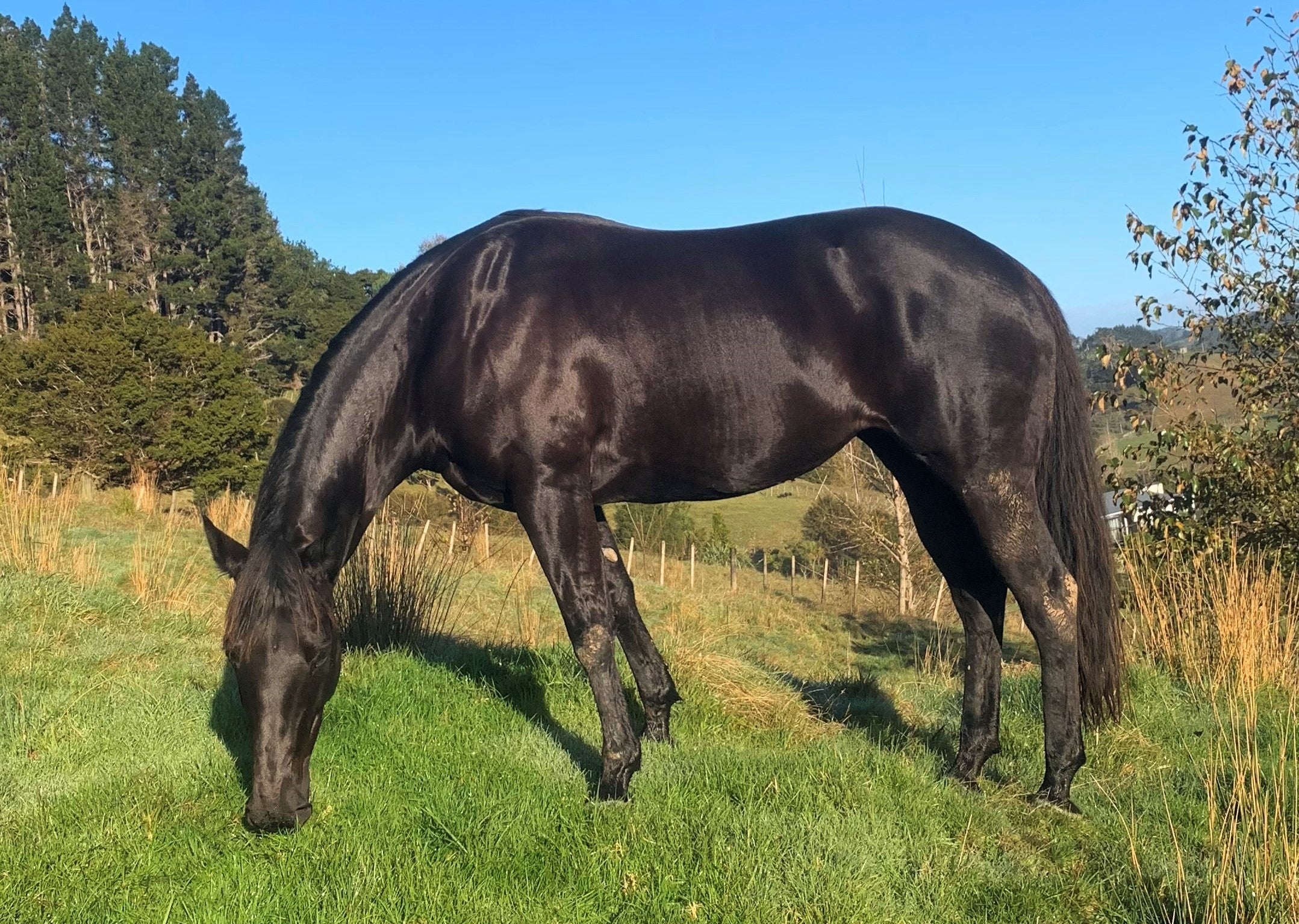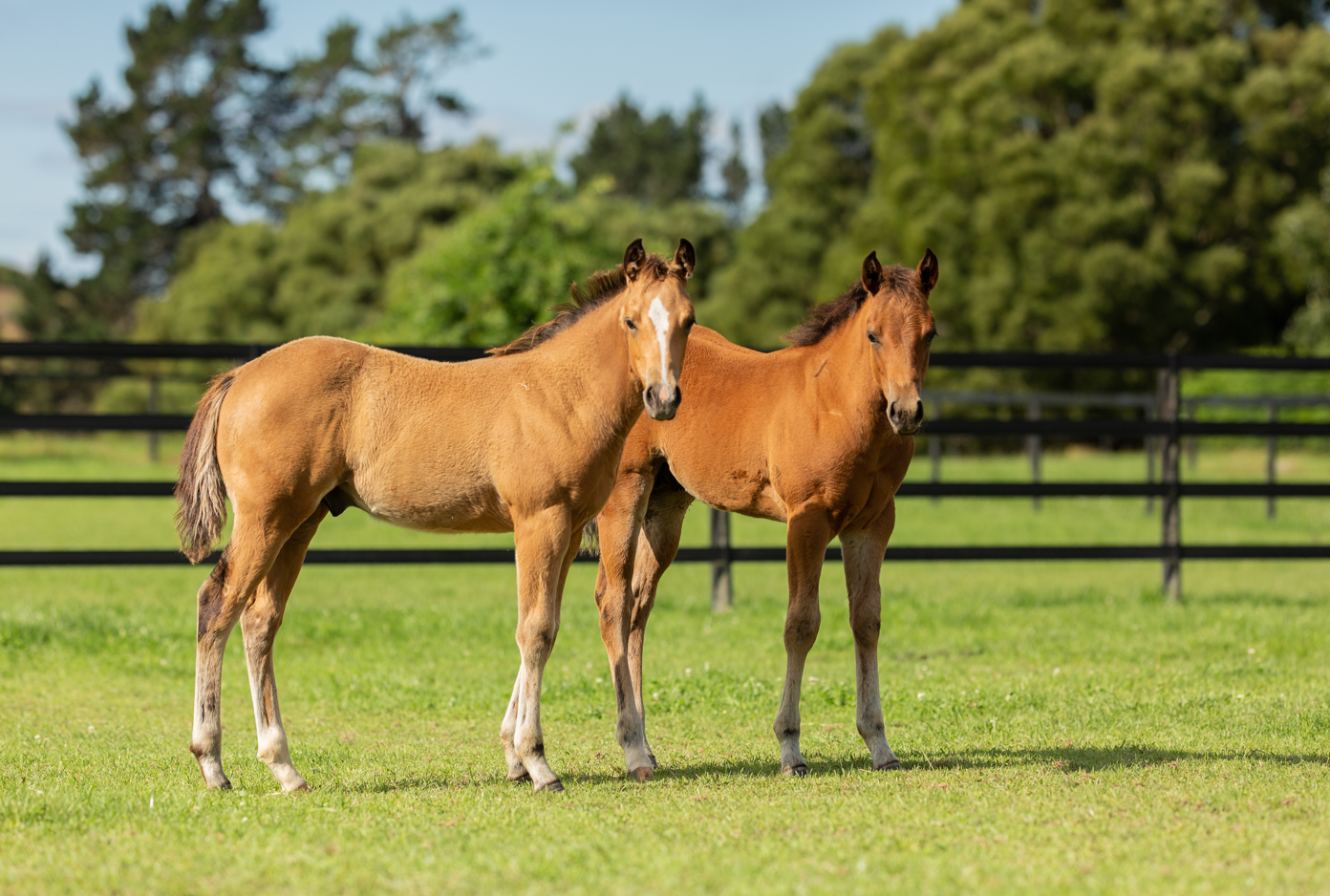

What is Insulin Dysregulation in Horses (and why does it matter)?
Diets chronically high in starch and sugar can result in the horse’s body producing insulin - but not enough to clear the sugar in the blood stream. When glucose and...


Diets chronically high in starch and sugar can result in the horse’s body producing insulin - but not enough to clear the sugar in the blood stream. When glucose and...


EquiBind is a dual action toxin binder with supportive vitamins and minerals to help a horse cope when feed, forage, hay or grass is contaminated with mycotoxins. EquiBind toxin binder...


At the worst stage over her five years of being affected, Money had multiple major lesions along the cannon bone, as well as all over her heels. They were very...


All of our products are based on up to date scientific research to support the structure and function of the entire GI tract to ensure that your horse is as healthy as...


Digestive EQ and RP are both complete digestive supplements for horses, targeting the entire digestive tract, from the stomach to the hind gut. They are both scientifically formulated equine gut...


Learn about the gut-brain axis and how changes to a horse's microbiome can affect behaviour. Discover the many ways stress can affect horses in the course of daily life, how...